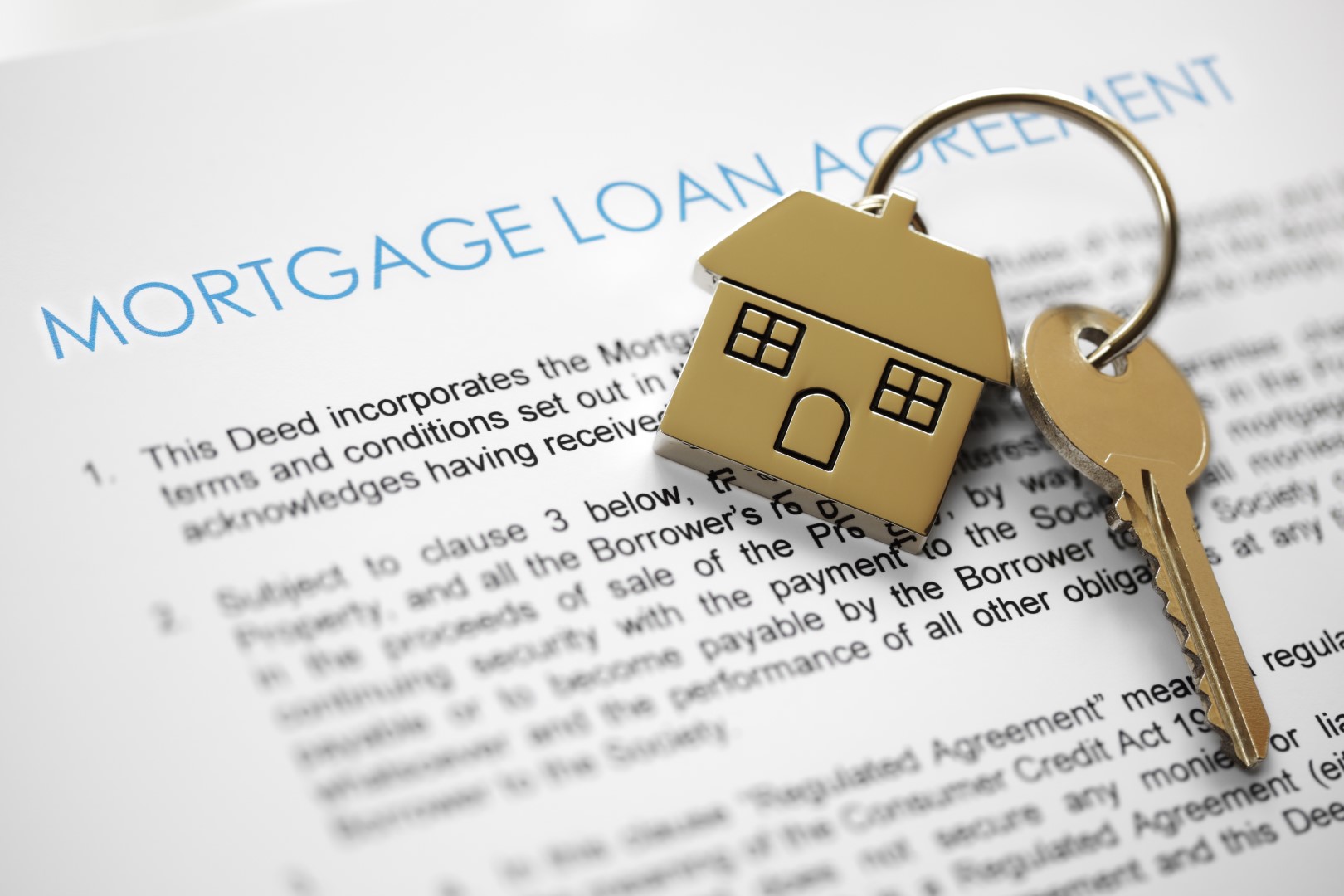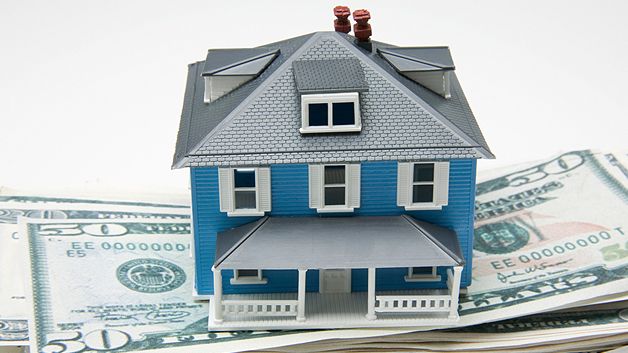Owning a house is an important goal, and homeowners take pains to ensure that their property is taken care of. But along with the expense of maintaining the home is keeping up to date with mortgage payments. Keeping it in your possession is a priority, but sometimes emergency expenses can throw off your efforts in budgeting.
To help you, here are six ways to save money on your mortgage:
- Choose From Among Different Lenders
When shopping for affordable rates and terms, know your options. You can search for reputable mortgage lenders and interview them to get the necessary information. They can be institutions like banks, credit unions, or private or public lenders. The more sources you consider, the bigger the chance you’ll find the right lender for you.
You must also get multiple quotes from lenders and compare the loans they offer. Ask questions and get an introduction of green home loans, conventional loans, fixed-rate mortgages, and other types of loans to ensure you get the most suitable loan. Additionally, make loan estimate comparisons and ask questions for more clarifications.
Loans have various features, such as the annual percentage rate, application and processing fees, and closing costs. Rates tend to change constantly, and it will be easier to make informed decisions the sooner you have everything you need. Do this within a 45-day period to avoid affecting your credit since anything longer than that period will significantly lower your score.
- Provide A Larger Down Payment
You can offer a larger partial payment for the home you want to get the best possible mortgage rate. It will take time, and it’s possible that by the time you have the money, the home you want might not be on the market anymore, but this is also why you should be open to options in case a better house comes along.
When you give a sizeable down payment, your lender will consider giving you a specific amount that can be easier to pay monthly with minimal interest. A 20% down payment will also save you from having to pay private mortgage insurance. To save for a larger down payment today, work out a budget and pay off loans through debt consolidation to reduce the number of your financial obligations.
- Lower Your Rate Through Refinancing
Another way to save on your mortgage is to refinance it when lower interest rates are present. You will only qualify if you have enough equity in your home. When you have an extra budget, you can work on building your home equity because of the significant benefits it can offer you when you need it the most. You can also work on meeting the requirement for your eligibility.
Try to lower your interest rate by a fraction of a 1% point, then refinancing could benefit you. Consider how much you will have to pay once you’re allowed to refinance. While it can lower your monthly payment, you’ll need to see if you can even reach a breakeven point of how much you paid.

- Raise Your Credit Score
Your credit score directly impacts your mortgage rate. This is because lenders will likely check your credit score to see if you qualify for the loan. If you’re not eligible for the best mortgage rates available, you could end up paying more over the term of your mortgage. Therefore, to qualify, exercise means to improve your credit score. It will take some time, but it will be worth it. Among a few other factors, lenders use the credit score to see how likely you can make regular payments.
Improving your score means paying your bills and loans on time. If you can, avoid taking out more loans to ensure that the ratio of your debt to credit remains low. It might take a few months to raise your credit score, but be sure to acquire a credit report copy and smoothen out any inaccuracies. Strive for a score of 760 and higher to get a chance for better mortgage rates and terms.
- Pay Your Mortgage Bi-Weekly
A bi-weekly payment plan might help you pay your loan earlier than expected. You can create a separate savings account to keep half the monthly mortgage payment until you’ve saved up half the payments. You can use the money to make advanced or on-time payments once your mortgage loan has been approved and it’s time to make regular payments. Not only can you make extra payments, but the account serves as your emergency cash source precisely for ensuring you can make regular payments.
- Cancel Mortgage Insurance
When taking out any loan, inquire about all the additional costs that come with it. In the case of mortgages, they come with mortgage insurance. Mortgage insurance protects lenders should the borrower defaults, fails, or passes away, unable to continue paying off the loan.
The U.S. Federal Housing Administration (FHA) and the regular lenders include the loan cost that borrowers can cancel through a specific condition. Refinancing into a traditional loan removes mortgage insurance from among the expenses that come with FHA loans.
On the other hand, if you’ve taken out a conventional loan in the first place, you can either refinance or provide proof to your lender that your home has enough equity. You can only do this process when your down payment is below 20%.
Conclusion
The tips mentioned are only a few ways to save money on your mortgage. Depending on a few factors, such as your down payment, the lender decides how much you need to pay regularly. Just keep the tips mentioned above to save money on your mortgage and make monthly payments easier on your budget. Additionally, be resourceful and discipline yourself to keep paying regularly.




